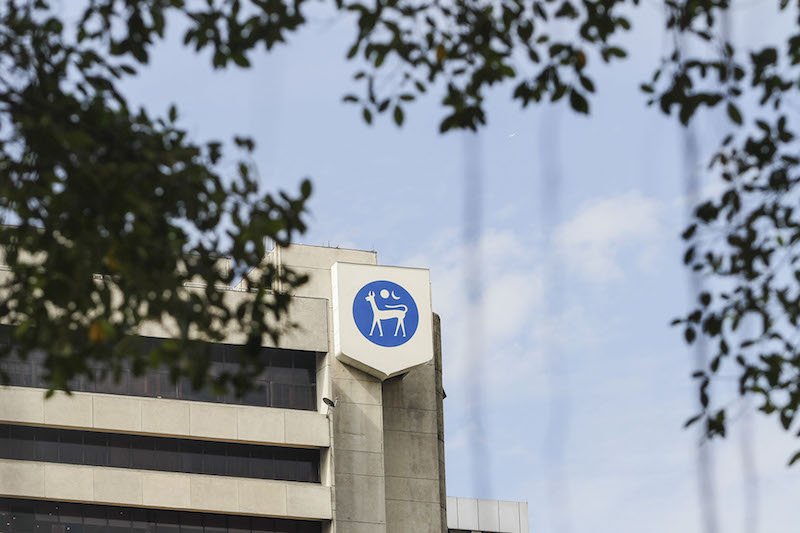
Subscribe to our Telegram channel for the latest updates on news you need to know.
KUALA LUMPUR, March 31 ― Bank Negara Malaysia’s (BNM) international reserves play a critical role in domestic’s macroeconomic management and in particular, it helps Malaysia withstand large and volatile capital outflows.
The central bank, in its Annual Report 2020, said thereby, this preserves macroeconomic and financial stability, as well as maintains orderly financial market conditions and public confidence.
Based on a wide range of internationally accepted benchmark, BNM’s international reserves remained sufficient at end-2020.
BNM’s international reserves meet the adequate thresholds but do not significantly exceed these benchmarks.
“The international reserves are therefore adequate and not excessive,” it noted.
BNM said the management of international reserves by the central bank is subject to a strict governance and risk management framework established pursuant to the Central Bank of Malaysia Act 2009 (CBA 2009).
Under CBA 2009, BNM is entrusted to hold and manage international reserves for the purpose of ensuring financial and monetary stability, as well as maintaining public confidence.
“Given Malaysia’s deep trade and financial integration with the global economy, international reserve holdings are vital as a tool that can be deployed to insulate the domestic economy against sudden capital flow reversals.
“In this regards, international reserves held by BNM are primarily for precautionary purposes to facilitate international trade and financial transactions, and to ensure orderly foreign exchange market conditions, especially during the period of economic or financial distress,” it said.
BNM noted that as a highly open economy, Malaysia is exposed to sudden and sizeable two-way capital flows.
For example, during the 2008-2009 Global Financial Crisis and 2014-2015 oil price shock episodes, portfolio outflows amounted to US$26 billion (Q3 2008-Q1 2019 and US$13.7 billion (Q3 2014-Q3 2015), respectively.
During these times, BNM deployed its international reserves to mitigate the significant withdrawal of foreign currency liquidity and ensure orderly functioning of the domestic foreign exchange market.
This successfully prevented excessive ringgit exchange rate fluctuations that would harmed the domestic economy.
“It also underscores that BNM’s international reserves are needed for its intended objectives and should not be utilised for other purposes, including financing the government’s fiscal deficit or paying off government debt.
“Financing fiscal spending using international reserves is viewed negatively by financial market investors and analysts as it signals potential for further depletion of international reserves,” it added.
To further strengthen Malaysia’s external resilience, BNM said it has continued to pursue the initiative to deepen the domestic financial market and to promote more active management of foreign exchange risks by corporates, banks and households.
This includes enhancing the domestic foreign exchange market access and facilitating the development and offering of efficient foreign exchange hedging products and instruments to protect against exchange rate fluctuations.
BNM said these measures enhance Malaysia’s flexible exchange rate to serve its purpose as the first line of defence in facilitating adjustments in the economy in responses to shocks.
These initiatives have also helped increase the average monthly turnover of foreign exchange swaps, forwards and options to US$171.9 billion in 2020 from US$67.3 billion in 2012.
In addition, the progressive liberalisation of the Foreign Exchange Policy has resulted in the accumulation of external assets by corporates and banks amounting US$365.5 billion as at end-2020, an increase from US$62.6 billion in 2001. ― Bernama
Source: Malay Mail

No comments:
Post a Comment